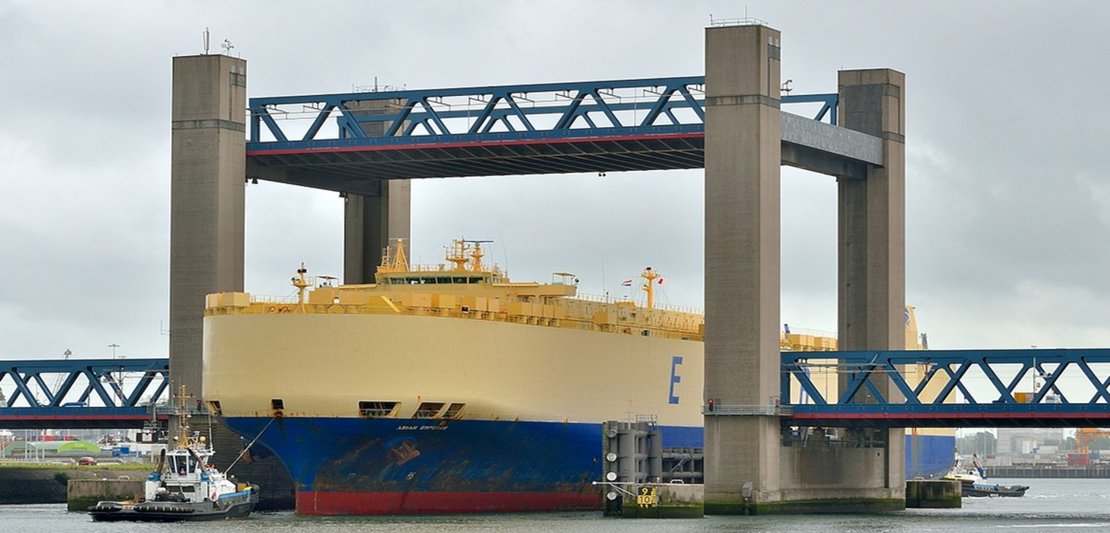Researcher: Sahand Asgarpour
Project Duration: February 2018 – January 2022
Project Partner: Next Generation Infrastructures, Rijkswaterstaat, ProRail, Port of Rotterdam, Schipohl Airport, Alliander
Project Description:
Infrastructure administrators have been confronted with considerable investment needs in their infrastructure networks that mainly stem from an increased demand encountering an aged and deteriorated infrastructure stock. Since these investment needs can overlap in time and geographically, they can become cross-sectoral investment opportunities for increasing the responsiveness of the infrastructure system as a whole. However, for investment opportunities to be seized, infrastructure administrators have to be able to align their individual decision-making processes: the institutional system has to be responsive as well. The research project “Responsive Infrastructure through Responsive Institutions (RITRI)” addresses this challenge. It is guided by the following research question:
What are investment opportunities to make infrastructure systems responsive now and in the future, and what institutional rules need to be adapted so that these investment opportunities can be seized?
In order to answer the question, the research adopts an engaged scholarship approach bringing together in-depth scientific and practical knowledge on infrastructure planning and management and institutional analysis and design. It deploys multiple methods including scenario building, institutional analysis, stress-testing, and serious gaming to gain insights into the infrastructural opportunities and institutional requirements for increasing infrastructure responsiveness. By introducing responsiveness as the capability of a system to anticipate and shape future societal and technological changes, the research is particularly interested in how infrastructure administrators can play a more constitutive role in change trajectories. With its focus on cross-sectoral decision-making, the research also studies how infrastructure administrators can take up such a role in a joint manner.

